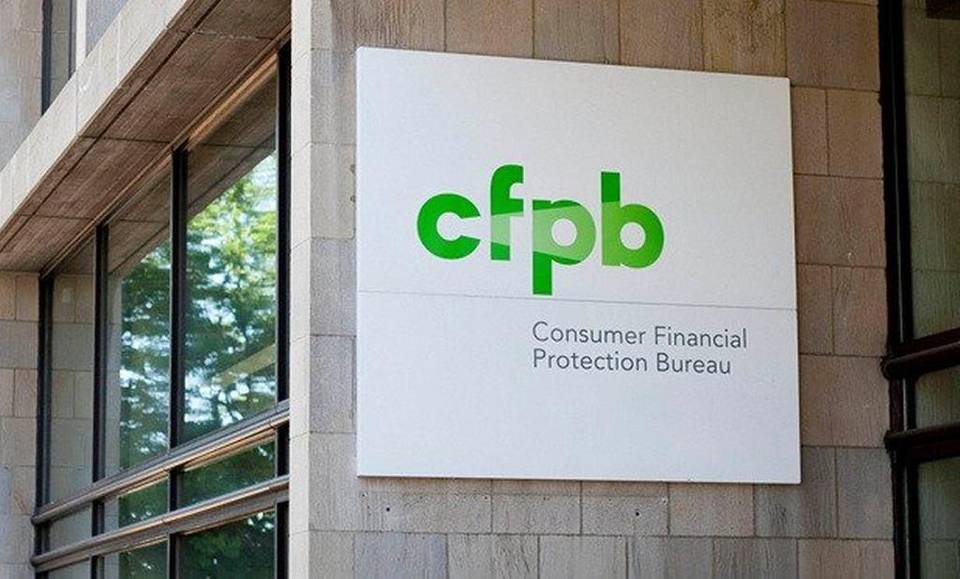The House Financial Institutions and Consumer Credit Subcommittee held a hearing this week to examine four recommendations made by the acting director of the Consumer Financial Protection Bureau (CFPB) to alter the bureau.

In a semi-annual report to the president and Congress, CFPB Acting Director Mick Mulvaney recommended that Congress enact four changes: fund the bureau through Congressional appropriations; require legislative approval of major bureau rules; ensure that the director answers to the president in the exercise of executive authority; and create an independent Inspector General for the CFPB.
Mulvaney said this would promote greater transparency and accountability at the bureau.
Subcommittee Chairman Rep. Blaine Luetkemeyer (R-MO) thanked Mulvaney for the proposed changes.
“He (Mulvaney) has committed to a more tempered and data-driven process,” Luetkemeyer said. “He’s outlining a vision that, for the first time, conforms to Congress’ mandate. The acting director is to be commended for the progress he’s made thus far, but we must recognize that not all reforms can be done administratively.”
Luetkemeyer said the changes would give power back to the consumers.
“The bureau has been given broad authority that can alter financial markets, but it lacks accountability that comes from budget oversight,” Elmer Whitaker, CEO of Whitaker Bank Corp. said at the hearing. “Regulation, whether by the CFPB or other regulatory agencies, shapes the way banks do business and can help or hinder the smooth functioning of the credit cycle and economic expansion. The rules in Dodd-Frank have caused some banks to stop offering certain products altogether, such as mortgage and other consumer loans. By eliminating unnecessary impediments and ensuring that the agencies that oversee our products are fully transparent, Congress can help stem the tide of community bank consolidation driven by these unnecessary regulations which negatively impact every community across the United States.”
Steven Day, president of the American Land Title Association, said the best way to improve transparency at the bureau is to ensure it provides reliable guidance to businesses.
“Compliance is about more than protecting consumers,” Day said. “It protects a company’s reputation, financial well-being, and employee morale. As an industry predominantly made up of small- and medium-sized businesses, we need a regulator that helps remove the gray. We need a regulator that matches simple and clear regulations with helpful and illustrative guidance and examples. A regulator that makes it easier for us to protect our reputation, bottom line and ultimately our consumers.”
Kate Prochaska, director of the U.S. Chamber of Commerce, said her organization has long advocated for reducing regulations to spur economic growth and producing policy in a data-driven and transparent manner.
“Unfortunately, the Bureau’s past leadership often did not prioritize these goals to the detriment of the financial marketplace and ultimately consumers,” Prochaska said. “The Chamber deeply supports strong consumer protections and a robust, transparent marketplace of consumer products and services…I look forward to working with the committee and this subcommittee on legislative proposals that make the Bureau more mature, accountable, and transparent.”